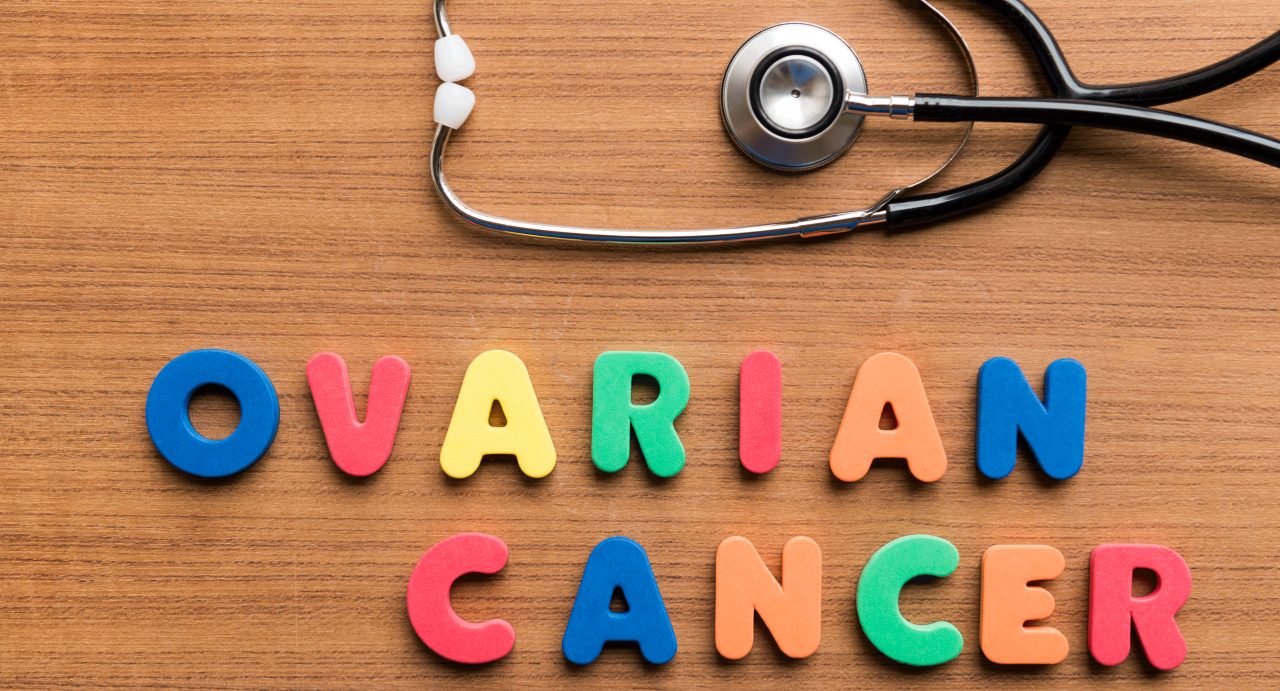Ovarian Cancer Genetic Testing

Scientists have zeroed in on the genetic mutations that are linked to ovarian cancer. Not all women need to take these tests, however. Here’s what you should know.
Who is at risk for ovarian cancer?
Some women are at higher risk of ovarian cancer than the general population, but not dramatically and every woman doesn’t need a genetic test.
They might have a history of endometriosis, taking hormones for menopause, or using fertility drugs. You can still fall into this only-slightly-higher-risk group if you’ve had breast cancer — if it was diagnosed in your 40s or later and you have no family risk factors. According to the ovarian cancer screening guidelines of Memorial Sloan Kettering, the renowned cancer hospital, women in this group don’t need more than the usual annual visit to a gynecologist who will examine your pelvis.
YOU MIGHT ALSO LIKE: Signs and Symptoms of Ovarian Cancer
What circumstances suggest you might have one of the genetic mutations?
Think about ovarian cancer genetic testing if:
- You’ve had breast cancer under the age of 40.
- Your mother, sister, or daughter has had ovarian cancer.
- You’ve had breast cancer and so has a relative.
- You are of Ashkenazi Jewish heritage — meaning your Jewish parents came from Eastern Europe — and you have had breast cancer under the age of 50.
Ovarian cancer genetic testing
Genetic risk doesn’t cause all or even most ovarian cancers. The American Cancer Society reports that only about 5 to 10 percent of ovarian cancers arise from inherited genetic mutations.
The test looks for a mutation in the BRCA1 or BRCA2 genes, which govern proteins that repair damage to DNA that comes up naturally as you age. The most common types of cancers associated with BRCA alterations are breast and ovarian cancer, but they are also linked to prostate and pancreatic cancer.
Ovarian cancer genetic testing also checks for a mutation in the mismatch repair genes MLH1, MSH2, and MSH6, all associated with a hereditary cancer syndrome known as hereditary non-polyposis volon vancer (HNPCC)/Lynch syndrome.
You can inherit these mutations from either parent, not just your mother, as many assume.
The BRCA1 mutation may raise your lifetime risk of ovarian cancer as high as 70 percent. The BRCA2 mutation raises your risk of developing the disease by age 70 to 10 to 30 percent.
Testing for ovarian cancer
Genetic testing will help your doctors decide how to monitor you for ovarian cancer over time. There are various tests to look for ovarian cancer, though they aren’t ideal. Two — a transvaginal ultrasound and a blood test, checking for elevated levels of the protein CA-125 — are backed by the most science. More than 90 percent of advanced epithelial ovarian cancers, the most common type of ovarian cancer, produce CA-125, and you may live longer if this tests detects your cancer, the hospital reports.
On the other hand, you are no less likely to die of the disease. CA-125 also seems to be elevated in two to three percent of normal post-menopausal women, so taking this blood test regularly puts you at risk of a cancer scare even if you are fine.
Transvaginal ultrasound seems to be successful at catching stage 1 ovarian cancers, though not clearly those that were likely to grow quickly.
Despite these disadvantages, guidelines from Memorial Sloan Kettering, a highly regarded cancer center, recommend that women with mutations in BRCA1 or the mismatch repair genes start both screening methods between ages 30 and 35. Women with mutations in BRCA2 can start between ages 35 and 40.
But because these screens produce both false positive and false negative results, the hospital recommends that women who carry the genetic mutations and don’t want more children consider having their ovaries and fallopian tubes removed, thus dramatically lowering their risk.
Updated:
March 18, 2020
Reviewed By:
Janet O’Dell